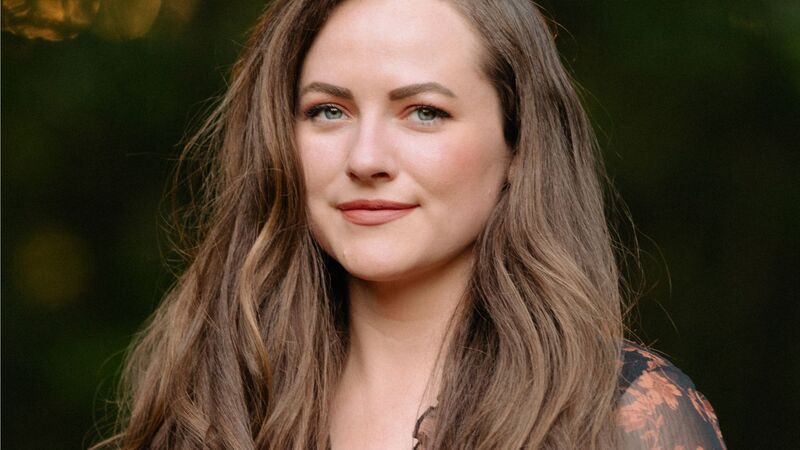You are viewing your 1 free article this month. Login to read more articles.
Obituary: Toni Morrison (18/02/1931-05/08/19)
Toni Morrison passed away in New York on 5th August at the age of 88. Four publishing industry figures pay tribute to and share their recollections of the first African-American Nobel Laureate, author of acclaimed novels including Beloved, The Bluest Eye and Paradise.
Margaret Busby
Founder, Allison & Busby
Whenever I find myself encouraging zealous young (usually black) would-be writers to consider publishing as an option, I cite Toni Morrison as an example of the truth that the two strands of literary endeavour need not be not mutually exclusive. As well as beginning her career as a glorious novelist in 1970, Toni made an indelible mark as an editor in the mainstream industry from the 1960s to the early 1980s, two decades during which she fostered the work of many important black writers—Gayl Jones, Toni Cade Bambara, Henry Dumas—as well as compiling The Black Book, a historical anthology of documents of African-American life, one of which would inspire the story of her acclaimed 1987 novel Beloved.
Toni was unapologetic about writing from a black point of view: “My world did not shrink because I was a black female writer. It just got bigger,” she said, and her readership, too, expanded. Similarly, she knew the importance to publishers of the black perspective. “It’s not patronage, not affirmative action we’re talking about here, we’re talking about the life of a country’s literature”—these pertinent words of hers headed an article I wrote for The Bookseller (September 1988) with Lennie Goodings, who was also part of Greater Access to Publishing, or GAP, the organisation co-founded with pioneering black publishers such as Jessica Huntley of Bogle-L’Ouverture campaigning alongside the likes of Virago and the Women’s Press for change within the industry’s workforce. As an editor Toni was committed, meticulous, principled; as a writer, passionate, innovative, thought-provoking—and in both roles quietly fearless. What a role model for us all.
Clara Farmer
Publishing director, Chatto & Windus
A monumental voice in our culture has fallen silent... Toni Morrison changed the way a book could be written and opened doors to others with her provocation that “if there’s a book you want to read, but it hasn’t been written yet, then you must write it”. She was one of the world’s greatest writers—her gorgeous, shimmering works will continue to shine for many generations to come. She was, and remains, beloved by everyone at Chatto & Windus, and Vintage, publisher of all her novels. We send our best thoughts and love to her family, and to all her readers who will feel the cruel jolt of such a loss.
Christopher MacLehose
MacLehose Press founder; formerly editorial director of Chatto & Windus
“Would Ms Morrison say how exactly it is that she writes?” A question from the audience at the end of her address at a James Baldwin seminar in Paris in the mid-’80s. “Well, I have this magic pencil,” was her answer. Full stop. She did have a magic pencil and a magic mind and a magnificent nature. She came to Chatto with Song of Solomon, after I had checked with the previous publisher Penguin, as one did in those days: would it very much mind if we made an offer for its author? No, it would not. And she has been wonderfully published by Chatto ever since. Toni Morrison the editor and Toni Morrison the house guest were strangely less assertive figures, always serious, always modest, never less than magical.
Peter Florence
Director, Hay Festival
There can never be enough testaments to her grace and kindness, to her willingness to examine and articulate darkness and resilience, to her strength. The generosity of attention and fellowship to her fellow writers I observed at festivals around the world over 30 years was genuine and unconditional. The thing I will always treasure about her is her voice. I sat with her onstage in front of huge crowds and I sat with her at supper, and though you could not but be astonished by her stories, by her physical beauty and presence, it was her voice that filled the room, or the stadium, or the heart.
Toni Morrison’s voice ranged over two octaves when she talked, when she was telling a story, and it went both deeper and higher when she laughed. And she laughed a lot. Her voice was utterly compelling. It was powerful and rich and she played with the music of words and married the weight of meaning to a depth of sound. Though she was a titan of American letters, you always felt that as an artist she shared more with Nina Simone and Sarah Vaughan than with her novelist contemporaries Saul Bellow and Philip Roth.














